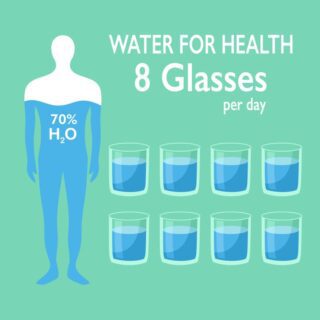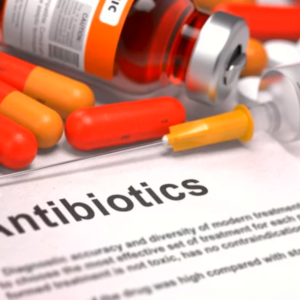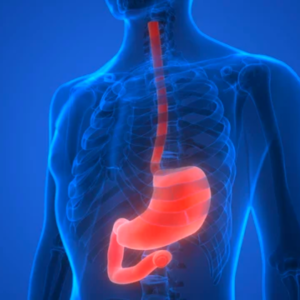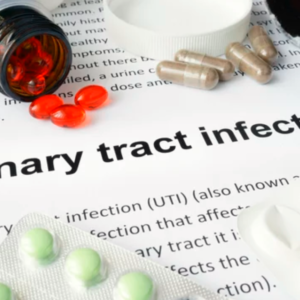Things everyone should know when they are newly diagnosed with high blood pressure

According to the CDC, “nearly half of adults in the United States… have hypertension, defined as a systolic blood pressure of greater than 130 mmHg or a diastolic blood pressure greater than 80 mmHg…” (Facts about Hypertension, 2021). Despite it being so common, hypertension, or high blood pressure, can be very dangerous. Hypertension puts you at risk for heart disease, heart attack, stroke, and many more life-threatening complications. This being said, there are some things everyone should know when they are newly diagnosed with high blood pressure to decrease their risks and improve their long-term quality of life.
The best way to lower blood pressure is with certain lifestyle changes. Regular exercise can lower blood pressure over time and also promote weight loss which also can lower blood pressure. For most adults, it is recommended to exercise for 150 minutes per week, though this may differ. Also, for those with hypertension, it is important to talk to your doctor before beginning a new exercise routine. Diet can also promote weight loss and a lower blood pressure. For those with hypertension, the DASH diet is recommended, which involves low sodium and low amounts of saturated fat. In general, it is recommended to limit sodium to under 2,300 mg per day, though that amount may be even less depending on the stage of hypertension and other comorbidities.
There are many medications to lower blood pressure. Not all medications work the same on each person, so it is important to work closely with your doctor and monitor your blood pressure regularly to find the regimen that is right for you. Some medications that lower blood pressure include ACE inhibitors, calcium channel blockers, and diuretics. Each type of medication comes with its own risks and indications. For instance, ACE inhibitors are first line agents for many, though they are known to cause a dry cough in some people. Calcium channel blockers have been shown to be more effective in African Americans. Diuretics help decrease swelling that is often related to hypertension in congestive heart failure patients.
Though hypertension can be an intimidating diagnosis, there are many ways to help lower your blood pressure. As mentioned, it is important to work closely with your doctor to find the methods that will best benefit you.

This article reviewed by Ms. Deb Dooley.
There’s nothing more important than our good health – that’s our principal capital asset.
#medical #telehealth #highbloodpressure #hypertension #umedoc








